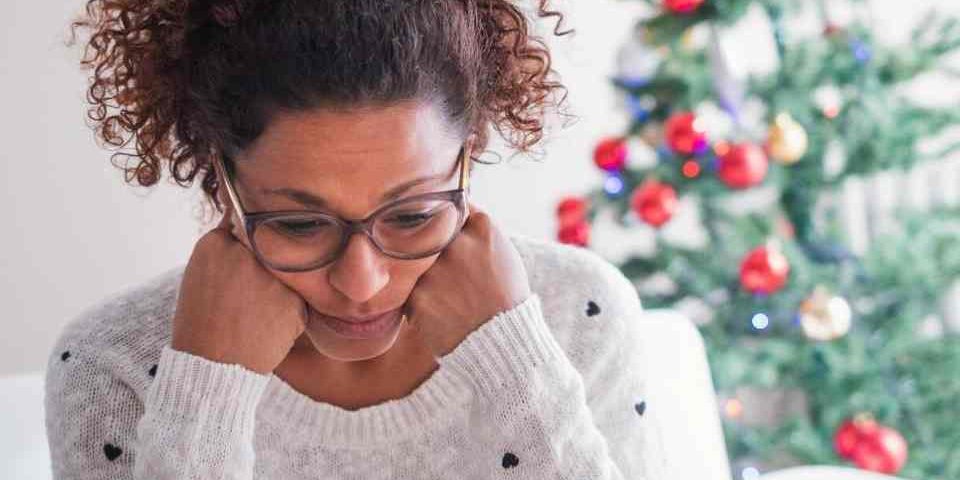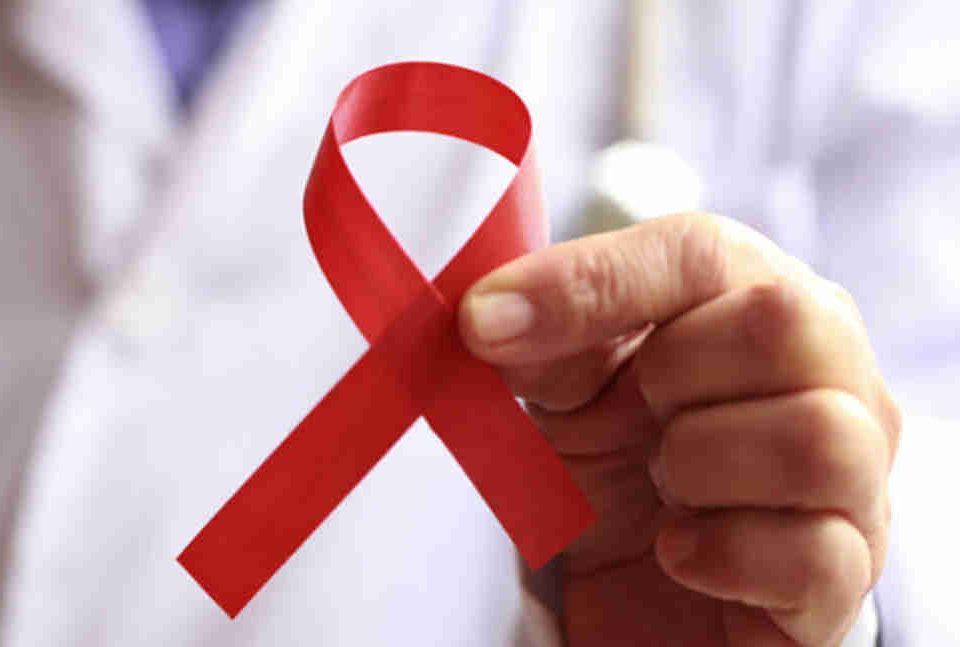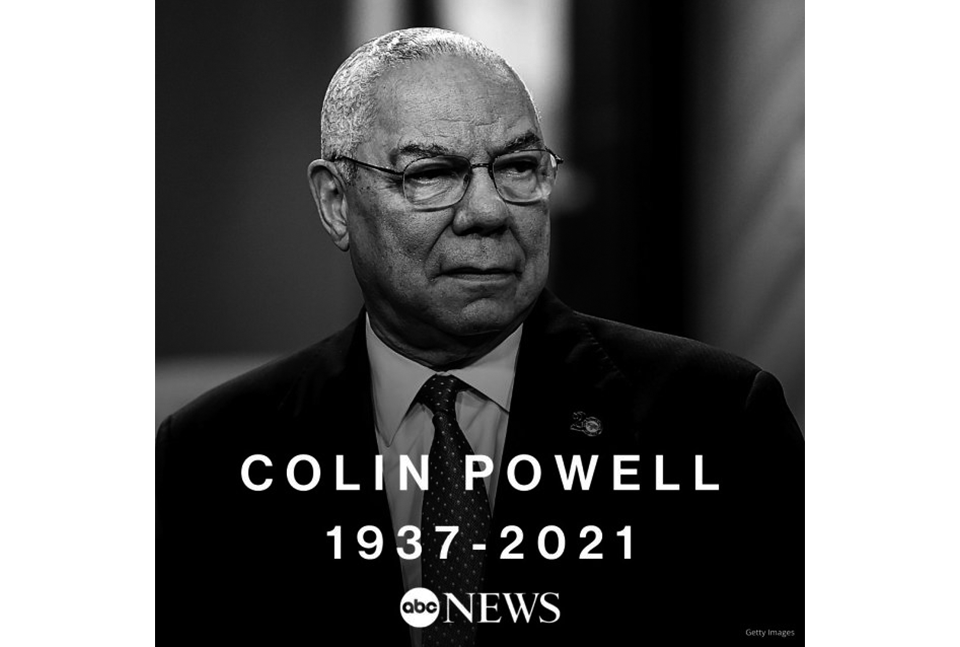- 如有疑问,请联系电邮
- customer@ihealth66.com
USNEWS:假期为什么这么紧张?

最新临床试验:硼替佐米或卡菲佐米联合来那度胺和地塞米松治疗新诊断的多发性骨髓瘤
2018年12月7日
波士顿儿童医院(Boston Children’s Hospital, Boston, Mass.)
2018年12月10日By David Levine
已经进入12月了!这是什么意思?对,全球各国的节日季到了!不仅是中国人要过圣诞节与元旦,这两个节日更是西方的新年,也就是相当于中国的“春节”!本来是一件很高兴的事,但对于一些人来说,却怎么也高兴不起来。不仅高兴不起来,甚至还出现了一些相反的症状,我们称之谓“假日焦虑症”!听起来象是开玩笑,但对这批人来说,却是实实在在的痛苦。有些人会认为是经济原因?毕竟假日是消费的大头,手头拮据出现焦虑很正常。但调查显示,这批人出现手头拮据的只占很小的一部分,大部分人都是高薪白领、中产阶级。那是什么原因?来看看USNEWS的健康专栏作家如何看待这个问题,Levine先生的作品非常深入人心,包括《纽约时报》等都进行了刊登或转载。
‘TIS THE SEASON TO BE jolly – so why are so many of us unhappy during what is supposed to be the most wonderful time of the year?
In a word: stress. According to a survey by the American Psychological Association, 38 percent of people said their stress level increases during the holidays. Another survey, by the investment firm Principal Financial Group, revealed that 53 percent of people feel financially stressed by holiday spending, even though more than half of the 1,000 respondents had created spending budgets.
It’s important to note that, despite the widely held belief that suicides peak during the holidays, the evidence strongly suggests that is not the case. According to the National Center for Health Statistics, part of the Centers for Disease Control and Prevention, the suicide rate actually peaks between April and August, while the winter months – November, December and January – see the lowest daily suicide rates.
But suicide rates aren’t the only way to measure unhappiness. The so-called holiday blues are real. Though they haven’t been studied to any great extent, holiday stress and depression can strike anyone.
Avoid the Happiness Trap
A primary source of this stress actually stems from the pressure to be jolly. “It comes down to expectations that run high for joy, for bringing the family together, for giving gifts that show how much you love those around you, for a beautiful meal,” says Debra Kissen, executive director of the Light on Anxiety CBT Treatment Center in Chicago and co-chair of the Anxiety and Depression Association of America’s public education committee. “Any time we set ourselves up with high expectations, it’s not going to work out that way.”
Kissen calls it the “happiness trap.” “When we try too hard to be happy, we make ourselves miserable,” she explains. There are in fact many potential traps during the holidays. The APA study revealed the top stressors include lack of time, money worries, overcommercialization, gift-giving pressure and family get-togethers. The hassles of travel and worries about taking time off from work also make the list.
Many of these are stressful precisely because they happen in such overwhelming combinations only this time of year, says Dr. Carol A. Bernstein, professor of psychiatry and neurology at NYU Langone Health. “We like our routines and rituals, and all this is a change in that. Any external stress makes you more anxious,” Bernstein says.
Plan Ahead for Your Stressors
The key to coping with holiday stress is to anticipate your potential stressors. When she treats patients with anxiety, Kissen says that a big part of the work is knowing your own triggers and planning ahead. “You don’t avoid a bumpy road, you just slow down and proceed with caution,” she says. “It’s the same with the holidays.”
The first step is to assess your triggers. “We all have anxiety and stress, but what makes you stressed is personal,” Kissen says. She recommends thinking back to prior holidays and noting which moments were the hardest. “Pick your top two or three predicted stressors and have one or two action steps to help mitigate that stressor,” she says. For example, if you worry that family members will ask about your life in ways that make you feel unsuccessful – “Are you seeing anyone?” or “How’s your job going?” – plan and practice an elevator pitch that you can deliver. “Decide ahead of time what to say and rehearse it, so if your life feels like a disaster, you have a way around it,” Kissen says.
The key, Bernstein says, is to focus on your own behavior, not that of your annoying relatives. “We all want the other person to change, but we don’t control that. If you know X, Y or Z is likely to happen, think about what that will be and what will you do for yourself,” she says. “This is where planning is so important.” If you know uncle Harry blows smoke in your face at every Christmas dinner, for instance, then don’t sit next to uncle Harry. If you always feel trapped at your in-laws, schedule a trip to a museum or other local attraction. “No one else can extricate what helps us get through a difficult situation except us,” Bernstein says.
Remember What Makes You Happy
As important as noting your stressors, you should also consider what brings you happiness and try hard to maximize those moments during the holidays, whether it’s baking cookies or singing carols or volunteering somewhere. And be sure to maintain your own health, by getting enough sleep, eating well, exercising when you can, keeping alcohol within reason and finding time to listen to music, read or just relax on your own.
As this joyous (and stressful) time grows near, Kissen recommends you go into it with a preset goal or intention to promote the former and diminish the latter. “For this holiday season, my intention is to notice one thing I’m grateful for every day, or to put time and energy into connections who are the most important to me, or to use the time to recuperate from a long year,” she says. “Don’t get caught up in all the endless to-do’s and stressors. Go into it with an idea of what you want to get out of it.”





